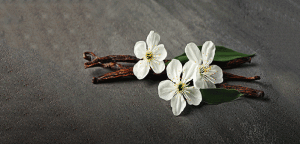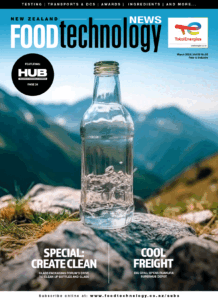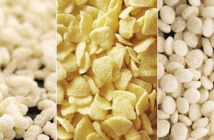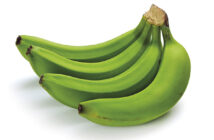
In March, the cyclone struck Madagascar’s north-eastern areas at speeds of up to 300km per hour, and decimated the crucial vanilla industry there. More than half of the homes were destroyed, 78 people were killed and two of the largest vanilla-producing areas were flattened.
As a result, the price of vanilla has soared in the wake of the eastern African country’s grappling with damage wrought by the cyclone. In fact, the industry is in crisis, and there is a severe shortage of vanilla beans across the globe…something that Formula Foods here in New Zealand is warning local vanilla buyers about as it attempts to stretch out its limited supply of the resource.
Vanilla pods grow from tropical vines, which take around three years to mature and produce beans. The cultivation process is a strenuous procedure, with each vanilla orchid hand-pollinated within 12 hours of flowering. Once the bean develops and is picked, it is dried for up to six months before it can be used to produce vanilla extract.
Madagascan vanilla beans – known as Madagascan Bourbon Vanilla – are reputed to produce the best vanilla extract in the world. Unfortunately, the cyclone has had significant implications for the production of the world’s second most expensive commodity after saffron.
Formula Foods says the crisis – made worse by increasing demand internationally – means the price of vanilla beans has increased substantially, with pods trading at an all-time-high of $600 per kg. Madagascan vanilla’s pricing has also increased massively.
The company currently has a limited supply of Madagascan Bourbon Vanilla extract, and is now supplying it and vanilla natural blends in quantities suited to assist as many customers as possible and to stretch the supply as far as it can. “Formula Foods is determined to continue our efforts to offer competitive pricing for all our flavours,” the company says. “We have developed alternative options to co-incide with the recent vanilla price increase.
“The natural vanilla extract blends are significantly less expensive than the extract, and can be used as a bridge product until vanilla extract is available at more affordable prices. Pricing of vanilla extract is still likely to rise, as any price reduction is far away and only subject to the supply of good quality beans.”


































































































